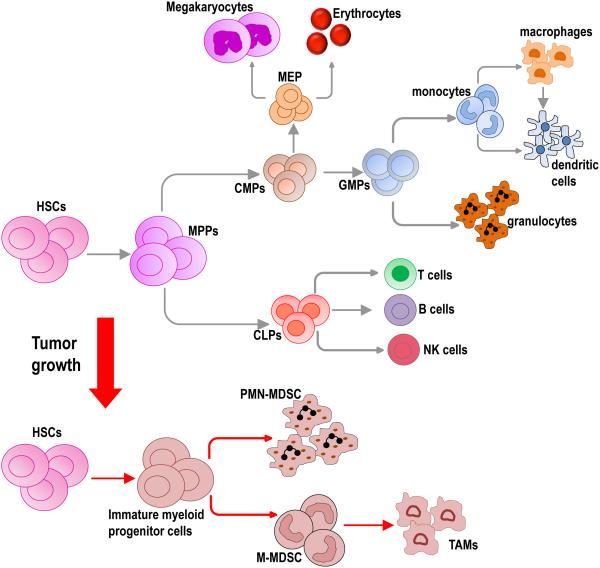Figure 1. Hematopoiesis and MDSC generation.
Under physiological conditions, hematopoietic stem cells (HSCs) give rise to the various cells that form the hematopoietic system in a tightly regulated process through the generation of multipotent progenitors (MPPs), common myeloid progenitor (CMPs) and common lymphoid progenitors (CLPs). CLPs eventually give rise to cells of the lymphocyte lineage, such as T cells, B cells and NK cells. CMPs give rise to myeloid and erythroid lineages such as granulocytes, monocytes, platelets and red blood cells (RBCs). Tumor growth results in aberrant myelopoiesis leading to the accumulation of myeloid progenitor cells and a mixture of immature myeloid cells. Several tumor derived factors such as GMCSF, MCSF and IL-3, normally involved in myelopoiesis have been implicated in MDSC generation. Two main types of MDSCs have been identified, polymorhonuclear MDSCs (PMN-MDSCs) and monocytic MDSCs (M-MDSCs). M-MDSCs within the TME can differentiate to tumor associated macrophages (TAMs).

